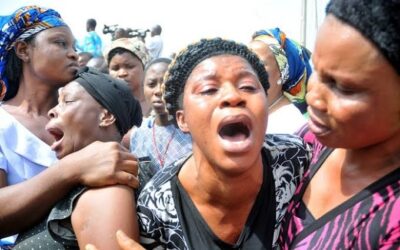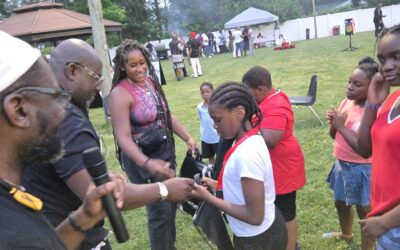Paper Presented by Mr. Ide Owodiong-Idemeko at The Feast of Barracuda Event hosted by the National Association of Seadogs, Netherlands Chapter, Saturday July 4, 2009, Gaasperplas Public Park, Amsterdam Zuidoost
Introduction
I would like to start this discussion by commending the Netherlands Chapter of the National Association of Seadogs for choosing to set its radar on 10 Years of Democracy in Nigeria with special focus on her electoral process. One school of thought is of the opinion that talking of Nigeria’s democracy is an exercise in haste as the country is still far away from exhibiting those attributes of true democracy. Another school of thought believes that Nigeria’s transition to true democracy is just beginning and that the 10 years since the last military regime has been no more than civilianization of governance. Yet another school of thought makes boastful noise that Nigerian democracy has been firmly planted and growing from strength to strength. I am one of those who hold the view that Nigeria is in transition and largely still in a state of hangover from the militarization of her political processes.
Democracy is not all about elections and the electoral process but then, we cannot deny the fact, that an excellent electoral process defines true democracy. That is one of the defining hallmarks of democracy, the opportunity it provides inhabitants of a geo-political space to periodically refresh its governance system with new operators and ideas. Elections make it possible for the electorate to choose between alternative ideologies, political parties and candidates in a way and manner that gives the majority its way but also guarantees that the minority have their say. It imposes accountability on the elected officials because they know that if they fail to keep their electoral promises on which basis they were voted into power, they risk losing the vote at the next elections.



